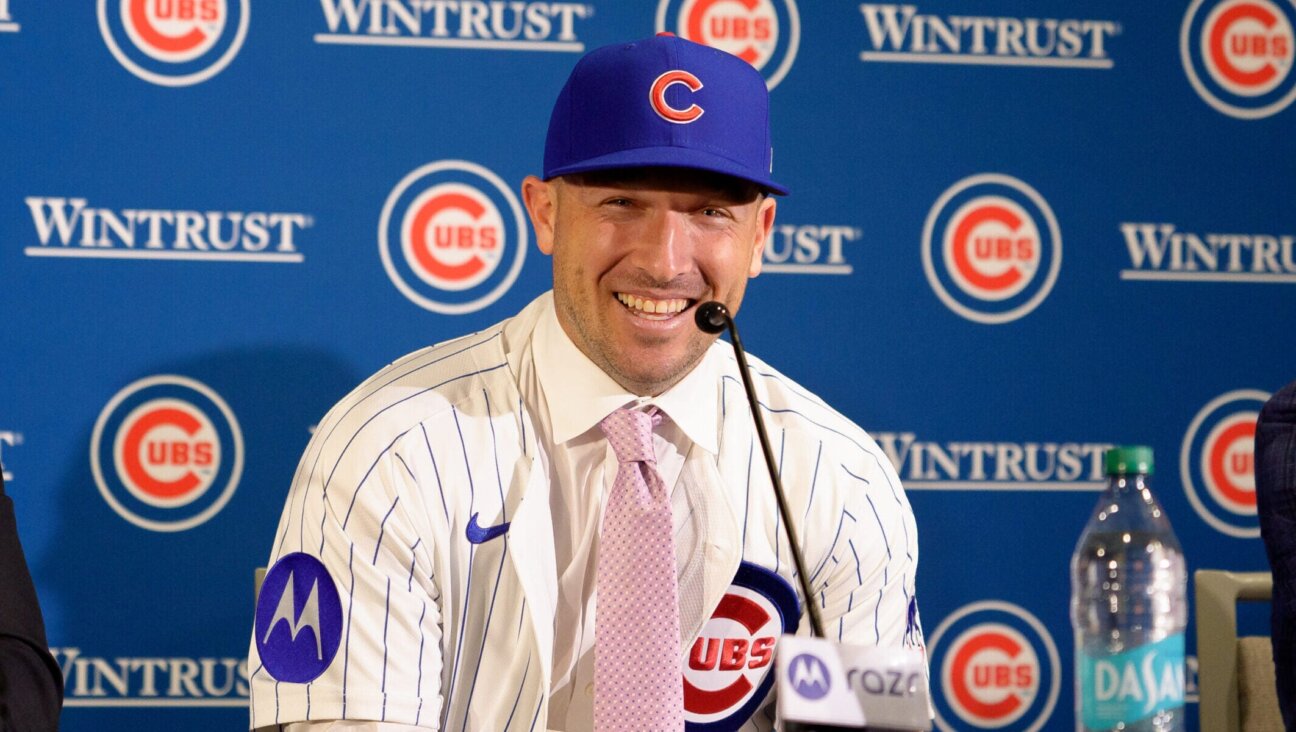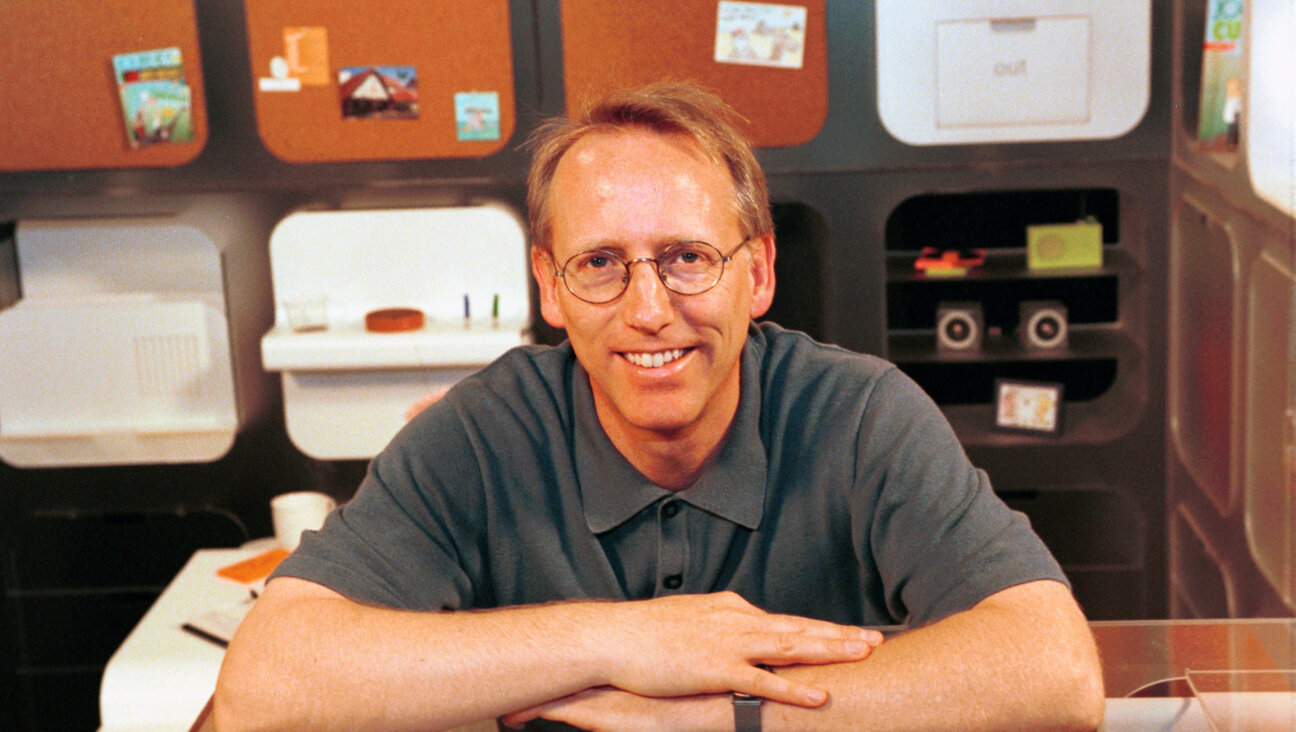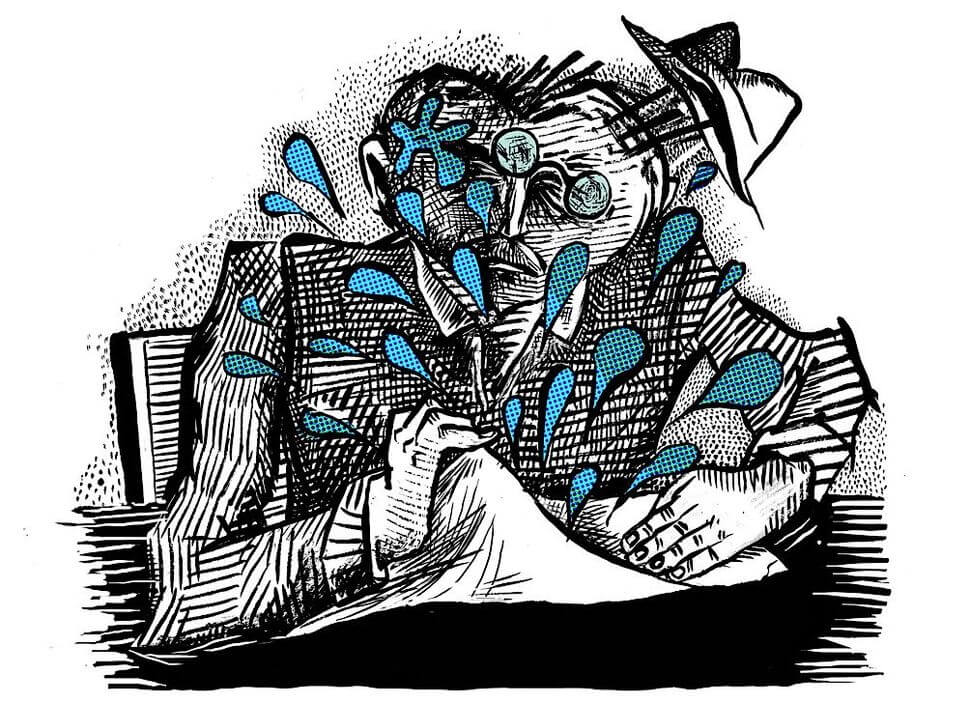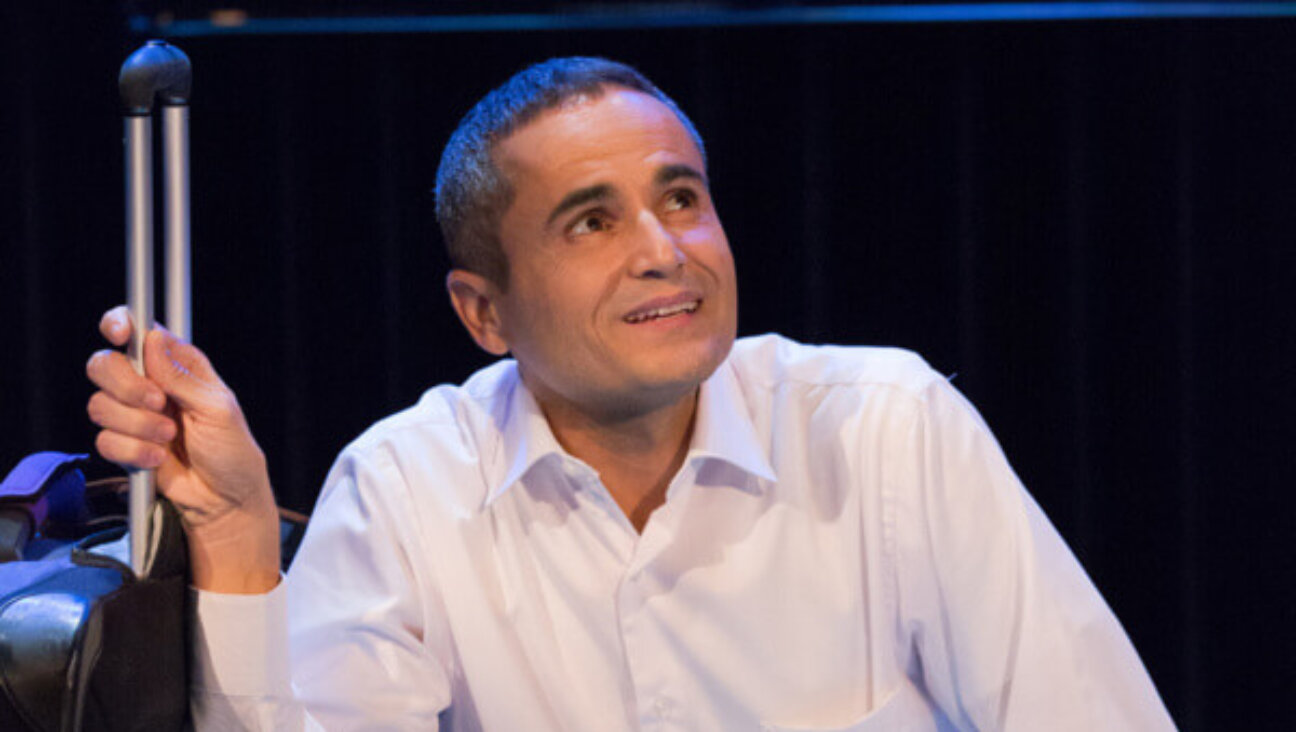Stephen Hawking Has Crush on Lois Lane — Says Afterlife Is Myth

Graphic by Angelie Zaslavsky
Stephen Hawking believes the afterlife is a fairytale and has battled the steady deterioration of his body all his life, the British cosmologist told an audience attending the premiere of a documentary about him.
The 71-year-old author of the bestselling “Brief History of Time”, who earlier this week backed the right for the terminally ill to end their lives as long as safeguards were in place, was diagnosed with motor neurone disease at the age of 21 and given two to three years to live.
“All my life I have lived with the threat of an early death, so I hate wasting time,” the wheelchair-bound Hawking said on Thursday night, using the computer-generated voice he controls with a facial muscle and a blink from one eye.
In “Hawking”, the world’s most famous theoretical physicist says he is not afraid of death, and after the screening told audience members the afterlife was a fairytale for people afraid of the dark.
“I think the brain is like a programme in the mind which is like a computer, so it’s theoretically possible to copy the brain onto a computer and so provide a form of life after death,” he said.
“However this is way beyond our breadth and capabilities.”
The documentary explores the headlong rush of a brilliant schoolboy with illegible handwriting who enjoyed the dilettante Oxford University life before illness sparked a lifelong frenzy of discovery about the origins of the universe, which began as a graduate at Cambridge University and has astounded the world.
U.S. theoretical physicist Kip Thorne said before the premiere that the young Hawking’s application of mathematical techniques to theories on the birth of the universe showed things no one had ever been previously able to touch.
“This was just so far beyond what anybody else had been able to do at that time in a compelling way that it was clear that there was something really amazing about this man,” said Thorne, who has been friends with Hawking since the 1960s.
The film – written and narrated by Hawking – lays bare the determination of a man whose illness forced him to invent ways to keep one of the modern world’s greatest minds from being silenced as he steadily lost control of his body.
“He is the most stubborn man I have ever met,” Thorne said.
The film premiered in the same year his autobiography “Stephen Hawking: My Brief History” was released.
Hawking’s sister Mary says in the film that her brother was highly competitive, curious about everything in a household which friends described as very academic, and explains how she received a doll’s house as a present when they were children, to which Stephen immediately added plumbing and electrics.
Mary told Reuters that life with her brother was engaging, exciting and occasionally frustrating. “It’s a waste of time arguing with Stephen, he always manages to turn the argument round,” she said.
The film dashes through Hawking’s early years, interspersed with footage from his life as it is today at conferences, receptions and in his Cambridge University offices with graduate students. The main focus stays on his efforts to keep working.
“There is nothing like a eureka moment,” he says in the film. “I won’t compare it to sex, but it lasts longer.”
“Hawking” also allows the world into his family life with first wife Jane and their three children, the breakdown of their marriage and his subsequent marriage to one of his carers.
Jane appears on camera to explain how the pressures of caring for the children and the increasingly disabled Hawking became even worse once full-time nurses were brought into the home, obliterating any privacy.
His second wife and former nurse, Elaine Mason, does not appear in the film, and Hawking portrays their 1995-2007 marriage with a few pictures and a brief description.
It’s not Hawking’s first appearance in the world of popular media. His “Brief History of Time” was a bestseller, he has written children’s books with his daughter Lucy and made TV appearances including on “Star Trek”, “The Simpsons” and most recently science comedy “The Big Bang Theory”.
Strapped into his wheelchair with a computer screen mounted before him, Hawking displayed the active mind and sense of humour he told the audience has been vital to his survival.
“If I had to choose a superhero to be, I would pick Superman,” he said. “I would love to be able to leap from building to building and I had a crush on Margot Kidder who played Lois Lane.”
















